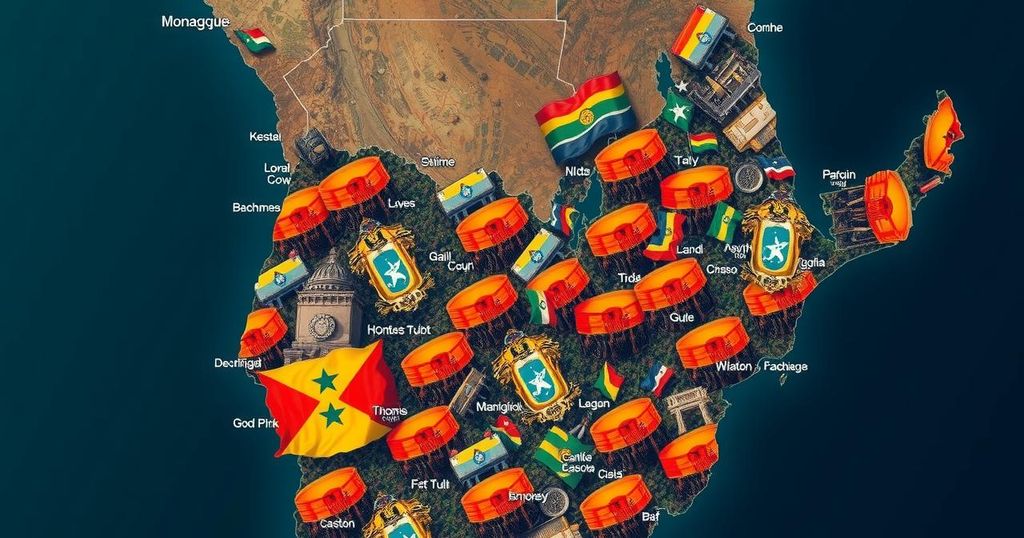SADC Leaders to Address Mozambique Unrest at Urgent Summit

Leaders of the SADC are set to meet to address the ongoing unrest in Mozambique, sparked by the recent election of Daniel Chapo. Protests led by opposition leader Venancio Mondlane have resulted in violence and uncertainty in the region, impacting cross-border trade. The SADC may deploy a panel of elders to facilitate discussions between the government and opposition.
Leaders of the Southern African Development Community (SADC) are preparing to convene for an urgent summit to address the escalating turmoil in Mozambique, which has resulted in numerous civilian fatalities and injuries following the recent presidential election. The unrest was triggered by the announcement of Daniel Chapo’s election victory by the ruling Frelimo party, which reported that he secured over 70% of the votes. In response to this outcome, Venancio Mondlane, the leader of the PODEMOS opposition party, has called for increased protests against the election results. The situation has escalated to the point where authorities have employed extreme measures to suppress demonstrations, with reports indicating that Mondlane has fled Mozambique, fearing for his life. Willem Els, an analyst from the Institute for Security Studies, noted the gravity of the situation, stating, “Mondlane had to flee Mozambique. He’s somewhere in a neighboring country and we suspect that he’s in South Africa because his life is severely in danger.” Violence erupted during the protests, with demonstrators reportedly burning down a border post and looting trucks waiting at customs. South Africa’s border management commissioner, Michael Masiapato, confirmed operations had resumed at the border, emphasizing that those processed were primarily returning Mozambicans and South Africans. However, he cautioned against non-essential travel to Mozambique due to ongoing volatility in the region. The unrest is significantly affecting regional commerce, costing millions as transportation routes remain unsettled. Kage Barnette, a cross-border analyst, highlighted the economic implications: “South Africa is one of the largest producers of chrome in the world, so there’s a huge amount of ore that goes along that corridor, as well as mining equipment, food, and fuel.” Truck drivers are hesitant to traverse the area due to the potential risk of facing hostile demonstrations. The SADC leaders, having faced criticism for their delayed response, are set to meet in Harare for several days to explore possible interventions. Among the options being considered is the involvement of a panel of elders, composed of former heads of state, to mediate between the disputing factions within Mozambique.
The unrest in Mozambique has resulted from the declaration of Daniel Chapo as the winner of the presidential elections held on October 9, by the ruling Frelimo party. Chapo’s victory, coupled with an overwhelming majority reported, has led to widespread dissatisfaction among opposition groups, particularly the PODEMOS party led by Venancio Mondlane. The growing discontent has manifested in violent protests, which have attracted significant attention from regional leaders, prompting the SADC to consider addressing the unfolding crisis.
In summary, the current unrest in Mozambique poses serious humanitarian and economic risks, prompting regional leaders to convene in an extraordinary summit. As civilian casualties mount and protests continue to escalate, it is imperative for SADC members to devise effective strategies to mediate the situation and restore stability. The involvement of the panel of elders may offer a pathway to dialogue among the conflicting parties.
Original Source: www.voanews.com







